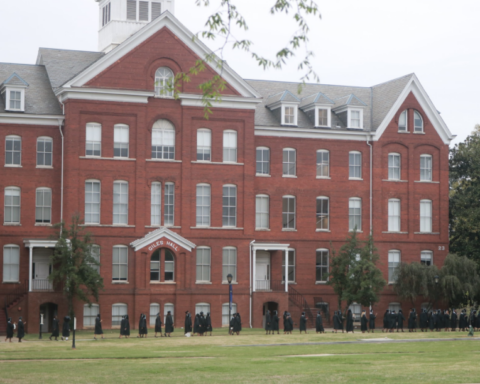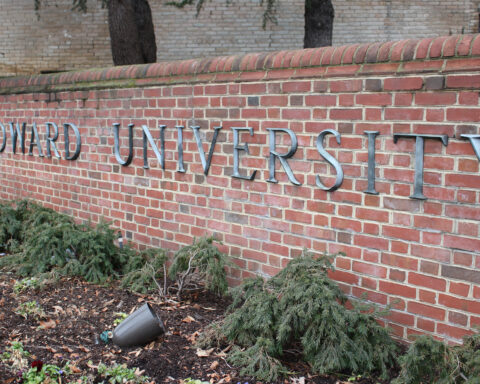Stanford University has discovered that there is a direct connection between hate crimes and HBCU student enrollment. A report published by the Stanford University Center for Education Policy Analysis found that as hate crimes rise, so does first time enrollment at HBCUs. The study provides substantial evidence that Black students have a desire to escape racial tension in their communities by attending institutions where they can thrive in a safe environment.
“HBCUs have worked really hard to make sure that Black students feel welcome and centered,” said Dominique Baker, co-author of the Stanford study, according to Inside Higher Ed. “It is rare for non-HBCUs to have structured themselves to center students of color, from their mission to how they design their curriculum to how they hire their faculty.”
Aside from increased enrollment, the HBCU community response to hate crimes is significant. On March 26 Howard University held the Virtual Candlelight Vigil Against Hate in response to the March 16 Atlanta spa shootings. The event addressed anti-Asian bigotry and hate crimes. Reflective of a violent era in a violent country, however, the Boulder, Colorado massacre occurred on March 22, scrambling the focus away from the Atlanta spa shootings. While white supremacy is America’s wellspring for racial grievance, those waters are muddied, which in a gun-happy society has caused much grief. In a pre-vigil statement, Howard president Wayne A.I. Frederick shied from none of this.
“It is Howard’s most sacred duty to stand up to hate – in all forms, against all people,” Frederick said. “It is not enough to repudiate the shootings; we must also condemn the physical attacks, the verbal assaults, the combative rhetoric, the demonizing behavior and the othering of the Asian-American community. Blood is shed when hate is given sanctuary and intolerance is allowed to persist. The added tragedy of the Colorado shooting only amplifies the need for us to use our unified voices to condemn gun violence and advocate for real change.”
The use of ‘we’ recognizes Black Americans bigotry toward Asians. It also implies other issues, even at HBCUs. The Boulder massacre and Atlanta spa shootings highlight the tensions of living in a racially fraught moment slathered in firearms.
The 21st Century is indeed unsettled, and despite the Black prejudices Frederick noted, anti-Black hate is central to the unrest. This is, after all, America. HBCUs, in fact, have seen a 20% enrollment increase in states where anti-Black hate crimes have risen. College should provide education, not sanctuary, but America has yet to purge its endemic racism. Until then, HBCU leaders such as President Frederick will shepherd students through the delicate times in which they come of age.





